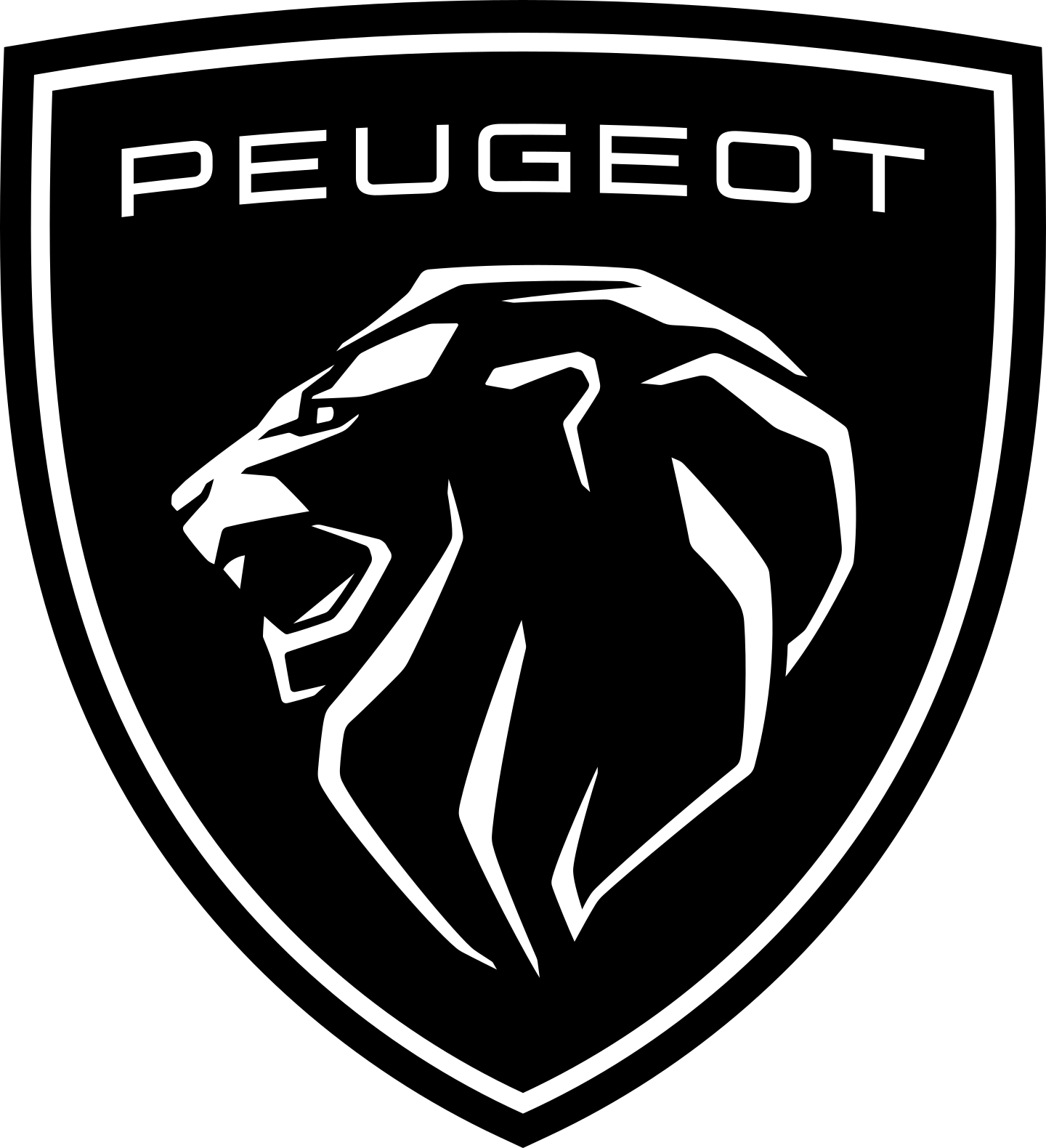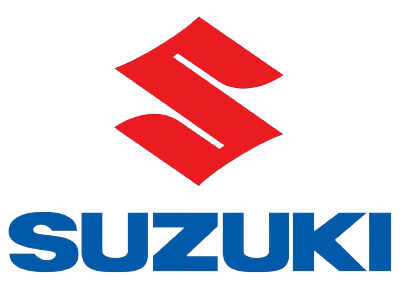How Mythology Inspires Modern Symbols like Le Zeus #6
Introduction to Mythology as a Source of Modern Symbols
Mythological symbols serve as powerful visual and conceptual tools that connect contemporary culture with ancient narratives. They embody timeless themes such as power, heroism, and divine authority, making them highly relevant in modern branding, entertainment, and digital environments. These symbols are not just decorative; they act as carriers of deep cultural meanings that resonate across generations.
Across the world, brands and creators draw inspiration from mythological figures to evoke specific qualities. For instance, a symbol like six-by-five grid exemplifies how ancient symbols can be reinterpreted into modern visual identities. This ongoing influence underscores the importance of understanding how myths shape our perceptions and societal values.
Table of Contents
- The Educational Foundations of Mythology and Symbolism
- The Concept of Divine Power and Authority in Mythology
- Modern Symbols Inspired by Mythology
- Case Study: Le Zeus as a Modern Mythological Symbol
- The Role of Cultural Context and Regional Variations
- The Impact of Mythological Symbols on Consumer Perception and Behavior
- Non-Obvious Dimensions of Mythology-Inspired Symbols
- Conclusion: The Enduring Power of Myth in Shaping Modern Symbols
The Educational Foundations of Mythology and Symbolism
Myths are foundational narratives that have shaped human understanding for millennia. They offer insights into collective psychology, societal values, and moral frameworks. Studying myth-inspired symbols enhances our cultural literacy, enabling us to decode the deeper meanings behind modern logos and icons.
Symbols derived from mythological themes often serve as universal signifiers. For example, the image of a thunderbolt associated with Zeus communicates authority and power across different cultures, even when the specific mythological context is unfamiliar. Such symbols act as bridges, connecting past beliefs with contemporary perceptions.
The Concept of Divine Power and Authority in Mythology
In mythology, gods and divine figures often embody the essence of ultimate power, control, and influence. They serve as archetypes representing authority—whether it’s Zeus wielding his lightning bolt, Odin with his commanding presence, or Ra as the sun god controlling creation. These deities symbolize qualities that modern societies aspire to, such as strength, leadership, and stability.
For instance, Zeus’s role as the king of gods and his dominion over the sky make him a natural symbol for leadership and sovereignty. Connecting such divine attributes to modern brands or characters helps evoke trust, dominance, and a sense of security among audiences.
Modern Symbols Inspired by Mythology
Over time, mythological figures have transitioned from ancient stories to modern visual representations. Logos, branding elements, and entertainment franchises frequently incorporate myth-inspired symbols to communicate core values. This evolution enhances recognition and emotional engagement.
For example, Nike’s swoosh is often linked to the Greek goddess Nike, symbolizing victory. Similarly, Thor’s hammer has become an emblem of strength and resilience in entertainment and branding. In the gaming industry, symbols like Le Zeus demonstrate how mythological themes can be adapted to convey authority and excitement, creating a profound semiotic impact that influences consumer perception.
| Mythological Figure | Modern Representation | Qualities Conveyed |
|---|---|---|
| Zeus | Le Zeus | Power, Authority, Leadership |
| Nike | Nike (brand) | Victory, Excellence |
| Thor | Thor’s Hammer | Strength, Resilience |
Case Study: Le Zeus as a Modern Mythological Symbol
Le Zeus exemplifies how contemporary brands harness mythological archetypes to craft compelling identities. Its origins trace back to a strategic design process rooted in the qualities associated with Zeus—dominance, authority, and power. The visual elements often incorporate regal symbols and bold aesthetics to evoke the mythic king of gods.
By embodying these qualities, Le Zeus appeals to audiences seeking excitement and prestige, especially in gaming and entertainment sectors. The choice of this symbolism aligns with the psychological impact of divine imagery, fostering perceptions of trustworthiness and strength.
The strategic use of mythological symbolism in Le Zeus demonstrates how brands can leverage timeless narratives to resonate with modern consumers. This approach not only enhances brand recognition but also deepens emotional engagement, making myth-inspired branding a powerful tool in competitive markets.
The Role of Cultural Context and Regional Variations
Different cultures adapt mythological symbols to serve their unique narratives. While Greek mythology emphasizes gods like Zeus, Norse mythology introduces figures like Odin, and Egyptian traditions highlight deities such as Ra. Each cultural context offers distinct symbols that resonate locally but can also be adapted globally.
For example, Le Zeus draws heavily from Greek myth roots, facilitating its appeal across Europe where Greek mythology is deeply embedded in cultural consciousness. This regional influence allows brands to craft narratives that feel both familiar and aspirational, bridging local heritage with global markets.
The Impact of Mythological Symbols on Consumer Perception and Behavior
Research indicates that myth-based symbols evoke psychological responses such as increased trust, excitement, and brand loyalty. When consumers associate a product with divine or mythic qualities, they often perceive it as more credible and prestigious.
In the case of gaming platforms like Le Zeus, high Return to Player (RTP) rates—such as 96.26%—paired with mythological branding, can elevate perceived fairness and credibility. Additionally, strategic timing of launches, such as releasing new features in August to coincide with cultural themes of strength and renewal, can capitalize on existing mythological associations.
“Mythological symbols serve as a universal language that influences consumer perceptions—building trust and emotional bonds that transcend mere functionality.”
Non-Obvious Dimensions of Mythology-Inspired Symbols
Beyond immediate recognition, mythology enriches branding through narrative depth. Brands can craft stories around mythological themes, fostering a sense of journey and heroism that appeals to consumers’ desire for meaningful experiences. This storytelling dimension enhances brand loyalty and emotional engagement.
However, ethical considerations arise when appropriating mythological imagery—particularly regarding cultural sensitivity and authenticity. Responsible use involves respecting cultural origins and avoiding stereotypes or misrepresentations.
Looking ahead, myth-inspired symbols are poised to evolve within digital and virtual environments. Virtual reality, augmented reality, and gaming will increasingly leverage mythological narratives to create immersive brand experiences, maintaining their relevance and power.
Conclusion: The Enduring Power of Myth in Shaping Modern Symbols
Mythology remains a vital source of inspiration for modern symbols, shaping how brands communicate authority, power, and cultural identity. Its influence is evident in iconic logos, entertainment franchises, and emerging digital identities. Understanding these connections enhances our appreciation of cultural literacy and strategic branding.
As demonstrated through examples like Le Zeus, myth-inspired symbols are not relics of the past but dynamic tools that adapt to contemporary contexts. They serve as bridges linking ancient narratives with digital innovation, ensuring their enduring relevance and impact.
Exploring myth-symbol relationships enriches our educational perspective, revealing how timeless stories continue to influence modern society and consumer behavior—proving that the power of myth is truly everlasting.









